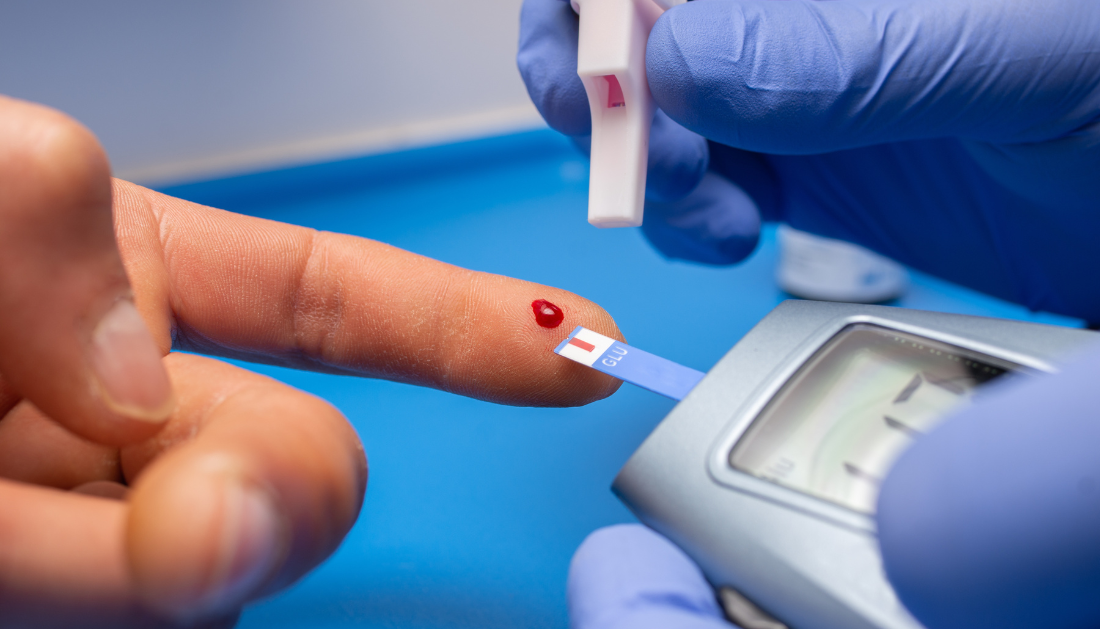

In patients with type 2 diabetes, gender variations in the diagnosis of systolic heart failure have been examined in a study conducted at MedUni Vienna. Recent findings in the specialized journal “Cardiovascular Diabetology” indicate that women are less likely than males to benefit from the present approaches. Gender considerations should be considered in existing guidelines in light of the high prevalence of heart disease, especially in women with type 2 diabetes, in order to guarantee the best possible care for patients.
The study involved the analysis of data from 2083 type 2 diabetes (T2D) patients over a five-year period by a scientific team led by gender medicine specialist Alexandra Kautzky-Willer from the Division of Endocrinology and Metabolism (Department of Medicine III), in collaboration with Martin Hülsmann and other colleagues from the Division of Cardiology (Department of Medicine II). Common techniques and metrics for the diagnosis of systolic heart failure in people with type 2 diabetes were examined, with an emphasis on variations based on gender.
Heart failure is up to four times as common in T2D patients than in non-T2D patients, and women are more than twice as likely to have it as males. No gender-specific guidelines exist for the diagnosis of heart failure in T2D patients, despite the pathophysiological variations between men and women that result in distinct disease predispositions and courses. The current guidelines suggest additional studies for both sexes if symptoms are seen, including measuring the blood marker NT-proBNP and doing an echocardiography (cardiac ultrasound). Based on the severity of symptoms, a classification is established based on the NYHA classification, from which treatment plans are developed.
Prognosis depends on early diagnosis
The current study demonstrates that this standardized approach does not address the unique needs of T2D patients, both male and female: although in men, higher NT-proBNP values, more frequent heart failure diagnoses, and a higher risk of death are associated with lower NYHA grades (reduced exercise capacity), this correlation was not observed in women. On the other hand, NT-proBNP was far more important for heart failure than clinical symptoms in both sexes, but particularly in women. It seems that even when they already have obvious heart failure, women frequently do not disclose their symptoms or do not experience them for extended periods of time.
“Our results suggest that reduced performance may not be suitable for screening heart failure in women with T2D.”- Sarah Hofer-Zeni, first author, Clinical Department of Endocrinology and Metabolism
Conversely, NT-proBNP levels, particularly in women, can be extremely sensitive and early indicators of heart failure. The prognosis of patients with T2D depends on early detection of cardiac disease and modification of treatment with new, highly successful medications, says study leader Alexandra Kautzky-Willer. The research team states that the analyses’ findings further bolster the necessity for gender-specific considerations in the guidelines and for heart failure screening in women with T2D that is based more on biomarkers than symptoms.
For more information: Sex differences in the diagnostic algorithm of screening for heart failure by symptoms and NT-proBNP in patients with type 2 diabetes, Cardiovascular Diabetology, https://doi.org/10.1186/s12933-024-02360-6
more recommended stories
 Red Meat Consumption Linked to Higher Diabetes Odds
Red Meat Consumption Linked to Higher Diabetes OddsKey Takeaways Higher intake of total,.
 Pediatric Crohn’s Disease Microbial Signature Identified
Pediatric Crohn’s Disease Microbial Signature IdentifiedKey Points at a Glance NYU.
 Nanovaccine Design Boosts Immune Attack on HPV Tumors
Nanovaccine Design Boosts Immune Attack on HPV TumorsKey Highlights Reconfiguring peptide orientation significantly.
 High-Fat Diets Cause Damage to Metabolic Health
High-Fat Diets Cause Damage to Metabolic HealthKey Points Takeaways High-fat and ketogenic.
 Acute Ischemic Stroke: New Evidence for Neuroprotection
Acute Ischemic Stroke: New Evidence for NeuroprotectionKey Highlights A Phase III clinical.
 Statins Rarely Cause Side Effects, Large Trials Show
Statins Rarely Cause Side Effects, Large Trials ShowKey Points at a Glance Large.
 Anxiety Reduction and Emotional Support on Social Media
Anxiety Reduction and Emotional Support on Social MediaKey Summary Anxiety commonly begins in.
 Liquid Biopsy Measures Epigenetic Instability in Cancer
Liquid Biopsy Measures Epigenetic Instability in CancerKey Takeaways Johns Hopkins researchers developed.
 Human Antibody Drug Response Prediction Gets an Upgrade
Human Antibody Drug Response Prediction Gets an UpgradeKey Takeaways A new humanized antibody.
 Pancreatic Cancer Research: Triple-Drug Therapy Success
Pancreatic Cancer Research: Triple-Drug Therapy SuccessKey Summary Spanish researchers report complete.

Leave a Comment